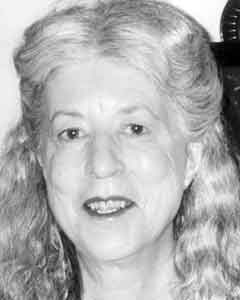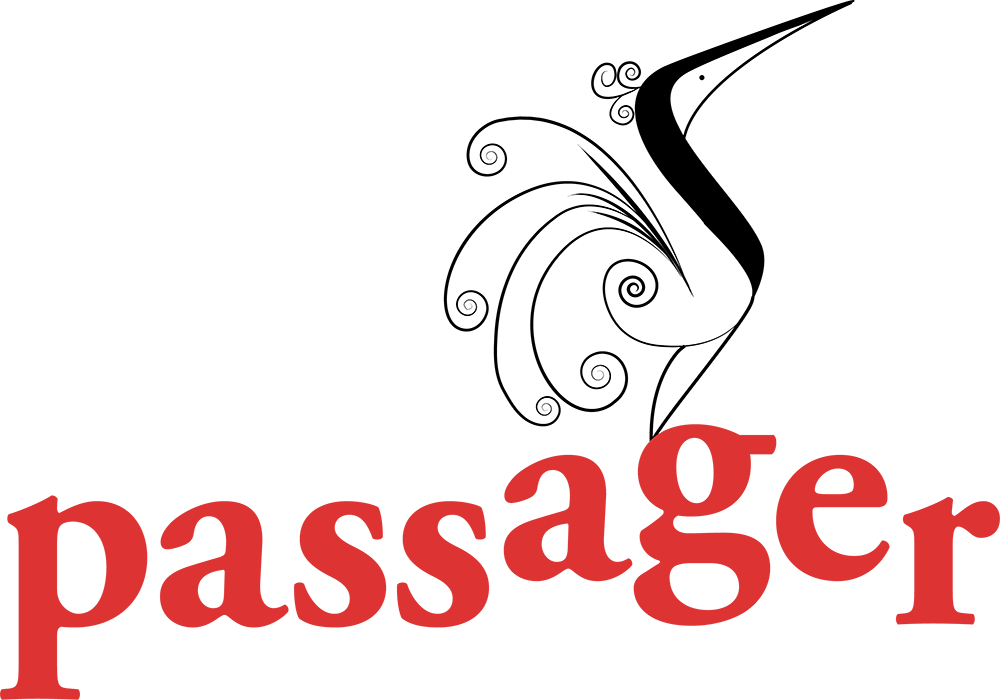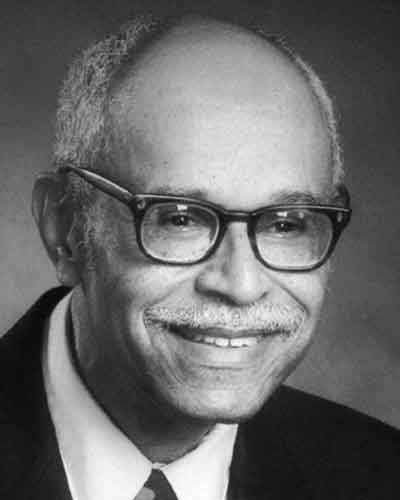Autumn




Apples, spirits, and more, featuring poems by Jean Connor, Nancy Naomi Carlson, Emily Hayes Whittle, and Fran Markover.
8 minutes
TRANSCRIPT
It’s fall. In most of the country, the temperatures are dropping, and in the parts of the country with deciduous trees, so are the leaves.
One of my favorite parts of fall is going to the farmers market every week and buying whichever apples that we can’t find in the grocery. My favorites are Stayman Winesaps and, of course, Jonathans. Here’s Jean Connor’s poem “Jonathan Apples, Macouns and More.”
The valor of red barns
cannot hold, nor that of
covered bridges, nor the flame
of sugar maples, nor
warmth of the October sun.
To see these last things
and to see ourselves seeing them,
we drive into the country
when the foliage in Lincoln Gap
says, “Come.”
For a short afternoon,
we equate the sum of the world
with pumpkins, purple asters,
baskets of apples, honey,
sumac and scarlet, but can we
be forgiven for this false equation
because, on rare days in October,
the world, viewed from Vermont,
really is round
with pumpkins, worthy of bees,
their honeycomb, and sweet
with the fragrance of wood-smoke,
a world acquainted with cider,
blessed with the willingness of apples,
wise with the inerrancy of mountains.
“Jonathan Apples, Macouns and More,” Jean Connor from her book—and the first book Passager ever published—A Cartography of Peace.
Nancy Naomi Carlson said that the dog in her poem “Landscape with Dog House” is a metaphor for what we cannot keep from slipping away. If that isn’t an autumnal concept, I don’t know what is.
Though the gate is latched
and her tracks cannot be seen in the cover
of leaves, she knows about leaving –
squirrels that vanish near bases of elms;
groundhogs that duck into holes;
children who trade too early
the mosaic of woods and sky for city life.
Whether silent as a deer she jumped
the fence in a single bound, who
can say. The leaves are flinging themselves
at the ground – green-gold and hushed.
For all I know she’s had one eye
on the rail for days, even years, something
firing inside her chest. Short bursts
of a chainsaw carry across the creek.
Geese drone overhead.
She will not hear me calling.
Maybe it’s true the heart has reasons
that reason cannot know. I can’t be sure.
And perhaps the sun floods orange-red
over the trees for no reason at all, then
sinks below the horizon
for emphasis.
From Passager’s 2014 Poetry Contest issue, Nancy Naomi Carlson’s “Landscape with Dog House.” Nancy said she’s a dog lover, poet, and translator. And she said, “No dogs were harmed in the writing of this poem.”
Back to Jean Connor: “In the Fields.”
Perhaps I should mention the cows,
their black sides splotched with white,
though by now I’ve had enough of them,
their bellowing, their silences, their
standing in fields, facing this way and that.
As November nears, is there something here
that wills to unseat us? The fields empty,
except for the cows, except for our questions.
Why do cows bellow? Why do they stop?
And why do we, who have choices to make,
stand in these fields, facing this way and that?
Jean Connor’s poem “In the Fields” also from her book A Cartography of Peace.
Emily Hayes Whittle said, “‘Anxiety in Autumn’ was written on Halloween, when many, including myself, believe the veil between the two worlds is at its thinnest. It is an attempt to express the idea that something fearful, though not known, is at hand.”
I have grown tired of mirrors –
changing reflections in the glass;
shadows follow me around, grow larger –
suddenly disappear;
shades play tricks
about the room; dim lights
from shards of chandeliers
scintillate in the darkening air –
Even in the cold gray hour of dawn
nothing is revealed –
the trees, the grass, the fountain there
that I gaze upon
grow fuzzy – blur all into one, I fear
that if I were to pick
the red and gold chrysanthemums
burning in the rising sun
my fingers would ignite
and set my hands on fire.
“Anxiety in Autumn,” Emily Hayes Whittle from Passager’s 2011 Poetry Contest issue.
We began with a poem about apples; we’ll end with another. Of course, it’s not just about apples. Here’s “Apple Spirits” by Fran Markover.
Poundsweet, Ginger Gold, Keepsake, Cameo –
heritage tastes at the farmstand remind me
of our orchard in the Catskills. Winesaps
misshapen heirlooms for the deer who found
them mornings. I’d gather the fallen treasures,
present them to Grandmother. She held each one,
read soft spots and bruises as if it were a reckoning
for the Book of Blossoms. This one’s right for
Mr. Needleman’s strudel. These two, take away
the worms, are perfect for Papa’s kugel. And the
crabapples – winter keepers for cider. Grandma
pared, sliced, cored in her floury kitchen, made up
tales of banished princesses who braved their
way home. Stories of peasants carving hopes
into apple skins, words like children or riches
engraved into fragrant flesh. Nights, after dessert,
Grandpa strummed his mandolin, eyes closed,
trusting the strings to tremble with remembrance.
He sang Hushabye, my little bird. Lulinke, Mein
Feigele. Perhaps the melody was lament for his
mother, unable to take flight, or for me, leaving
our family nest for school. As we bowed in a circle,
lit candles, Grandma’s hands beckoned the light
toward her face, her heart. She whispered
into flame: Yitzak, Levi, Clara, Ruchel. When
someone utters a name, she promised, prayer
rises, blessings tumble down, bear fruit.
Fran Markover’s “Apple Spirits” from her book Grandfather’s Mandolin.
You can buy Fran’s book or Jean Connor’s A Cartography of Peace or subscribe to and learn more about Passager and its commitment to writers over 50 at passagerbooks.com. Passager offers a 25% discount on the books and journal issues featured here on Burning Bright. Visit our website to see what’s on sale this week.
For Kendra, Mary, Christine, Rosanne, and the rest of the Passager staff, I’m Jon Shorr.



